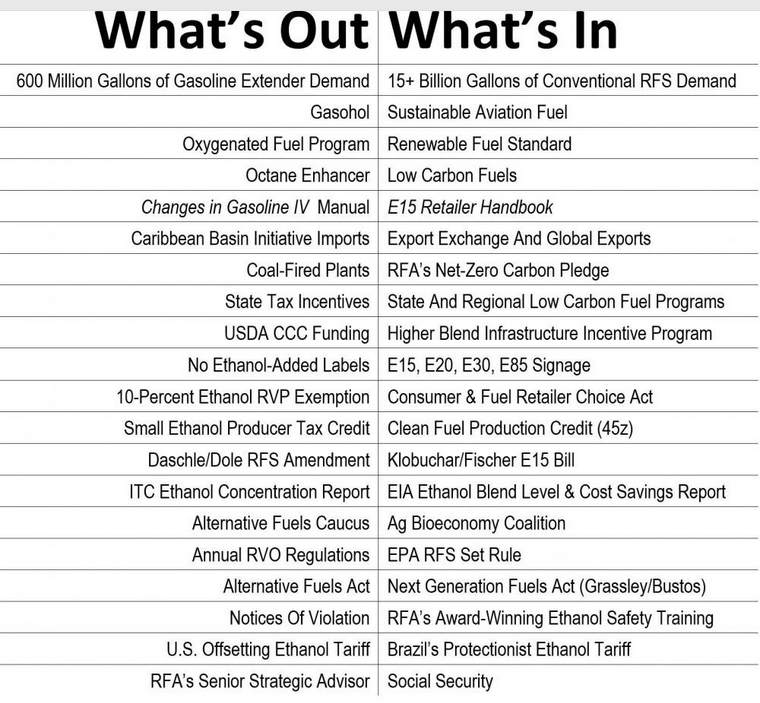
For the first time since 2019, the American Coalition for Ethanol (ACE) is excited to be planning its 12th annual Washington, DC Fly-in and Government Affairs Summit to take place March 29-30, 2023. Event registration and sponsorship opportunities are available at ethanol.org/events/fly-in.
“We encourage ethanol supporters to mark their calendars for the ACE fly-in March 29-30,” said Brian Jennings, ACE CEO. “Nearly 100 new Members of Congress recently took their oaths of office, and it is up to us to make sure they understand the importance and value of a strong U.S. ethanol industry.”
For more than a decade, nearly 300 unique individuals representing 30 states have participated in ACE fly-ins, meeting with Members of Congress and top Administration officials. Past participants include ethanol company investors and management; corn farmers; scientists; and fuel marketers and gas station owners.
“In ACE’s 12 years of hosting DC fly-ins, the most successful ones strike a balance between Hill visits with our champions and those with Members of Congress who may be new, opponents of our policy priorities, or live outside the Corn Belt,” said Katie Muckenhirn, Vice President of Government Affairs. “Members of Congress and their staff hear from lobbyists and association staff regularly, but a deeply personal perspective of how the ethanol industry has directly benefitted a participant may help them view a topic with fresh eyes. We’re looking forward to bringing advocates back to DC because certain aspects of face-to-face interactions can’t be replicated in a virtual setting.”
Priorities for ACE advocates this year include a nationwide and permanent solution for year-round E15 market access, supporting technology-neutral clean fuel policy which recognizes farmers’ and ethanol producers’ contribution to reduce greenhouse gas (GHG) emissions, and promoting the Next Generation Fuels Act, as well as the Farm Bill, ensuring the Renewable Fuel Standard is getting back on track, and implementation of the Inflation Reduction Act.
The meetings will take place on Capitol Hill and at the YOTEL Washington, DC hotel (formerly the Liaison). For more information about the event, please contact Katie Muckenhirn at kmuckenhirn@ethanol.org or visit ethanol.org/events/fly-in.




 The agenda
The agenda




